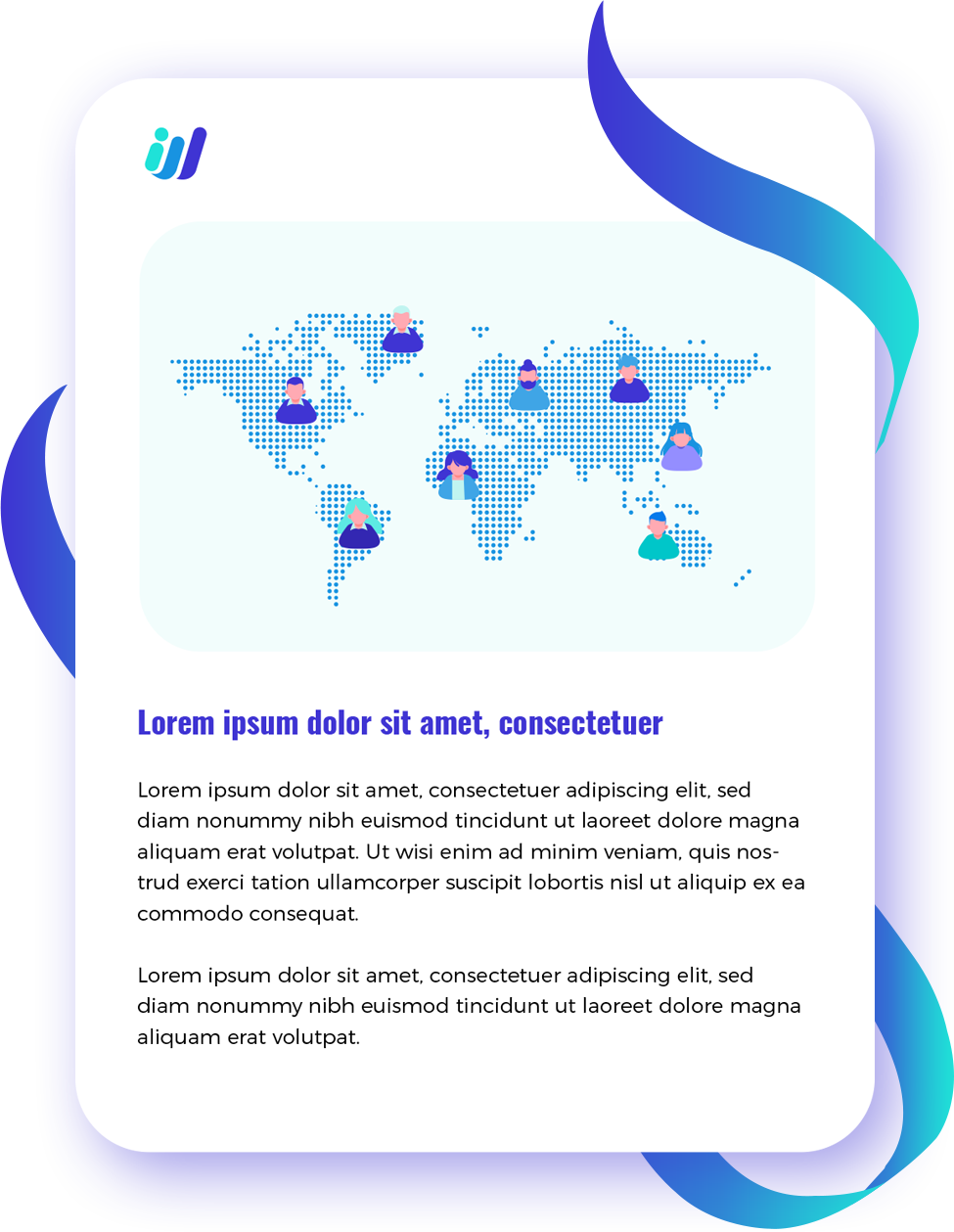Introduction
The landscape of outsourcing has evolved significantly, transitioning from a cost-cutting strategy to a strategic partnership that drives business growth. This evolution has given rise to the concept of Third Wave Outsourcing, characterized by a focus on innovation, collaboration, and value creation. As businesses embrace this new paradigm, corporate social responsibility (CSR) becomes an integral component of their outsourcing strategies.
Understanding Third Wave Outsourcing
Third Wave Outsourcing transcends traditional outsourcing models by emphasizing:
- Innovation: Leveraging outsourcing partners to drive innovation and competitive advantage.
- Collaboration: Fostering strong partnerships based on trust, transparency, and shared goals.
- Value Creation: Delivering tangible business outcomes beyond cost reduction.
The Intersection of CSR and Third Wave Outsourcing
CSR, traditionally seen as a philanthropic endeavor, is now recognized as a core business imperative. In the context of Third Wave Outsourcing, CSR becomes a strategic driver of value creation, reputation enhancement, and risk mitigation.
Key Elements of CSR in Third Wave Outsourcing
- Ethical Sourcing and Fair Labor Practices:
- Ensuring that outsourcing partners adhere to ethical sourcing standards and fair labor practices.
- Conducting regular audits and assessments to verify compliance.
- Supporting initiatives that promote worker well-being and human rights.
- Environmental Sustainability:
- Encouraging outsourcing partners to adopt environmentally sustainable practices.
- Measuring and reducing the carbon footprint of outsourcing operations.
- Prioritizing suppliers with strong environmental credentials.
- Community Engagement and Development:
- Supporting local communities where outsourcing operations are located.
- Investing in education, healthcare, and infrastructure development.
- Collaborating with local organizations to address social challenges.
- Governance and Transparency:
- Establishing robust governance frameworks to ensure ethical and responsible business practices.
- Promoting transparency in supply chain relationships and reporting.
- Disclosing CSR performance metrics to stakeholders.
- Risk Management and Compliance:
- Identifying and mitigating risks related to CSR violations.
- Ensuring compliance with relevant laws and regulations.
- Developing contingency plans for addressing CSR-related crises.
Benefits of Integrating CSR into Third Wave Outsourcing
- Enhanced Reputation: A strong CSR commitment can enhance a company’s brand reputation and attract socially conscious customers and investors.
- Risk Mitigation: Adhering to CSR principles can help mitigate reputational, legal, and financial risks associated with unethical practices.
- Improved Stakeholder Relations: CSR initiatives can strengthen relationships with employees, customers,suppliers, and communities.
- Innovation and Efficiency: Integrating CSR into outsourcing strategies can drive innovation and improve operational efficiency.
- Competitive Advantage: Companies that prioritize CSR can differentiate themselves in the marketplace and gain a competitive edge.
Conclusion
In the era of Third Wave Outsourcing, CSR is no longer a peripheral concern but a strategic imperative. By integrating CSR principles into their outsourcing strategies, businesses can create long-term value, build trust with stakeholders, and contribute to a more sustainable and equitable world. As the outsourcing landscape continues to evolve, the importance of CSR will only grow, making it a critical factor for success in the years to come.
Download our free eBook to discover how Third Wave Outsourcing can revolutionize your business.


